Discover the Benefits of Industrial PVC Gloves: A Must-Have for Nigerian Businesses
Discover the Benefits of Industrial PVC Gloves: A Must-Have for Nigerian Businesses
Attention Nigerian business owners! Are you tired of compromising the safety and well-being of your hardworking employees? Look no further, because we have the ultimate solution for you. Introducing industrial PVC gloves – a must-have accessory that will revolutionize workplace safety in Nigeria. In this blog post, we will delve into the countless benefits these gloves offer, from protecting against hazardous materials to enhancing productivity and efficiency. Get ready to discover a game-changer that every responsible business owner should invest in – read on to uncover how industrial PVC gloves can transform your workplace!
Introduction to Industrial PVC Gloves
Introduction to Industrial PVC Gloves
Industrial PVC (Polyvinyl Chloride) gloves are a must-have for any business operating in Nigeria. These gloves offer numerous benefits and play a critical role in ensuring the safety and protection of employees, as well as maintaining hygiene standards in industries such as healthcare, food processing, construction, and more.
PVC is a synthetic plastic polymer that is used to manufacture various products, including gloves. Industrial PVC gloves are specifically designed for use in heavy-duty industrial settings where workers come into contact with chemicals, oils, sharp objects, and other potential hazards.
These gloves are made from a high-quality material that provides excellent durability and flexibility. The unique properties of PVC make these gloves resistant to abrasions, tears, punctures, and chemicals. This makes them an ideal choice for tasks that involve handling dangerous substances or working with sharp tools.
Benefits of Industrial PVC Gloves
1. Protection against Chemicals: One of the primary reasons why industrial PVC gloves are essential is their ability to protect against chemicals. They act as a barrier between the skin and harmful substances such as acids, solvents, oils, greases, etc., preventing direct contact with them. This not only protects workers from potential burns or irritation but also prevents cross-contamination in industries like healthcare where strict hygiene standards must be maintained.
The Importance of Using Personal Protective Equipment (PPE) in Nigerian Businesses
Personal Protective Equipment (PPE) is essential for the safety and well-being of workers in any industry. In Nigeria, businesses are required by law to provide their employees with PPE to protect them from potential hazards in the workplace. However, despite this requirement, many Nigerian businesses do not prioritize the use of PPE, especially when it comes to industrial PVC gloves.
This is a concerning issue as failure to use appropriate PPE can lead to serious injuries or even fatalities. It is crucial for Nigerian businesses to understand the importance of using PPE, particularly industrial PVC gloves, and its impact on both workers’ safety and the company’s overall success.
Protecting Workers from Hazards
Industrial PVC gloves are specifically designed to protect workers’ hands from hazardous materials that they may encounter while performing their job duties. These materials can range from chemicals and oils to sharp objects and extreme temperatures.
Without proper hand protection, workers are at risk of developing serious injuries such as chemical burns, cuts and lacerations, puncture wounds, or thermal burns. These injuries not only cause pain and suffering but also result in lost time at work and decreased productivity for both the worker and the company.
By providing employees with industrial PVC gloves, businesses can ensure that their workers’ hands are protected from potential hazards. This not only promotes a safe working environment but also increases employee morale knowing that their employer values their well-being.
Different Types of PVC Gloves Available
There are several different types of PVC gloves available on the market today, each designed to offer different levels of protection and functionality. Understanding the differences between these types can help businesses in Nigeria choose the right gloves for their specific needs.
1. Disposable PVC Gloves:
Disposable PVC gloves are lightweight, thin gloves that are designed for single-use applications. They provide basic protection against dirt, grime, and some chemicals but are not suitable for heavy-duty tasks. These gloves are commonly used in industries such as food service, healthcare, and janitorial services.
2. Chemical Resistant PVC Gloves:
As the name suggests, chemical resistant PVC gloves are designed to protect against a wide range of chemicals and solvents. They offer superior resistance to oils, acids, bases, alcohols, and other hazardous substances. These gloves feature a longer cuff than disposable gloves to ensure maximum coverage and protection.
3. Cut-Resistant PVC Gloves:
Cut-resistant PVC gloves are specially designed to protect hands from sharp objects such as blades or glass shards. They feature reinforced palms and fingers with high cut-resistance ratings to prevent injuries in industrial settings where there is a risk of cuts or lacerations.
4. Thermal Insulated PVC Gloves:
Thermal insulated PVC gloves provide excellent protection against extreme temperatures and thermal hazards such as fire or cold conditions. They feature an inner lining made of materials like fleece or Thinsulate® which help keep hands warm even in freezing temperatures.
Benefits of Industrial PVC Gloves for Nigerian Businesses
Industrial PVC gloves, also known as polyvinyl chloride gloves, are an essential safety gear for businesses in Nigeria. These gloves provide protection to workers against various hazards in industrial environments, making them a must-have for any business dealing with chemicals, oils, solvents, or other harmful substances.
Here are some of the key benefits of using industrial PVC gloves for Nigerian businesses:
1. Chemical Resistance:
One of the primary benefits of PVC gloves is their resistance to a wide range of chemicals. In industries where workers come into contact with strong acids, bases, and solvents on a daily basis, these gloves offer excellent protection. They act as a barrier between the skin and hazardous chemicals, preventing any direct contact and minimizing the risk of chemical burns or irritation.
2. Durability:
PVC gloves are extremely durable and can withstand rough handling without tearing or puncturing easily. This makes them ideal for use in heavy-duty industries such as construction, mining, oil and gas, and manufacturing. With proper care and maintenance, these gloves can last for a long time even in harsh working conditions.
3. Versatility:
Another advantage of PVC gloves is their versatility in different work environments. They can be used for both wet and dry tasks due to their waterproof nature. Additionally, they offer good grip even when handling oily or slippery objects which makes them suitable for use in various industries including food processing and automotive.
– Protection against Chemicals and Hazardous Materials
Protection against Chemicals and Hazardous Materials is one of the most important factors to consider when working in industrial settings. Exposure to chemicals and hazardous materials can have serious health consequences, making it crucial for businesses to prioritize the safety of their workers. This is where Industrial PVC gloves come in – providing a reliable barrier of protection against these harmful substances.
Chemicals and hazardous materials are used in various industries such as manufacturing, construction, healthcare, and agriculture. These substances can be found in the form of liquids, gases, or solids and can cause harm through direct contact with the skin or inhalation. They may include toxic substances like acids, solvents, pesticides, and corrosive materials.
Industrial PVC gloves are made from polyvinyl chloride (PVC), a synthetic material that is known for its chemical resistance properties. Unlike natural rubber or latex gloves which may deteriorate when exposed to certain chemicals, PVC gloves offer superior protection against a wide range of chemicals. This makes them an ideal choice for workers who handle potentially hazardous substances on a daily basis.
The key feature that sets PVC gloves apart from other types of protective gloves is their ability to resist permeation – the process by which chemicals pass through glove materials at molecular levels. According to research by Ansell Protective Solutions Inc., PVC has been proven effective in resisting permeation from over 100 industrial chemicals including sulfuric acid, sodium hydroxide, methanol, and formaldehyde.
– Durability and Longevity
Durability and longevity are two important factors to consider when choosing protective gloves for industrial use. In a fast-paced and demanding work environment, having gloves that can withstand frequent use and last for a long time is crucial. This is where industrial PVC gloves excel, making them a must-have for Nigerian businesses.
PVC (Polyvinyl chloride) is a versatile synthetic material that has become extremely popular in various industries due to its durability and strength. When used in glove manufacturing, PVC provides superior protection against chemicals, oils, acids, and other hazardous substances commonly found in industrial settings.
One of the main reasons why PVC gloves are highly durable is because they are resistant to abrasions and tears. The material can handle rough surfaces and sharp objects without getting damaged or punctured easily. This means that workers can confidently handle tasks without worrying about their hands being exposed to harm.
Moreover, PVC gloves have high tensile strength which allows them to maintain their shape even after extended use. This makes them suitable for jobs that require repetitive hand movements such as assembly line work or construction projects. The gloves will not stretch out or lose their shape over time, providing consistent protection throughout their lifespan.
In addition to being durable, industrial PVC gloves also have impressive longevity. They are designed to withstand harsh working conditions, extreme temperatures, and exposure to chemicals without deteriorating quickly. This means that businesses can save money on frequently replacing worn-out gloves.
– Cost-Efficiency
Cost-efficiency is a crucial factor for any business, big or small. In today’s competitive market, companies are constantly seeking ways to reduce costs and increase profits without compromising on the quality of their products or services. This is where industrial PVC gloves come in – they offer a cost-effective solution for businesses in Nigeria.
One of the main advantages of using industrial PVC gloves is their affordability. Compared to other types of protective gloves such as leather or nitrile, PVC gloves are relatively inexpensive. This makes them an ideal option for businesses with tight budgets or those looking to save on costs without compromising on safety.
Furthermore, industrial PVC gloves are highly durable and have a longer lifespan compared to other types of gloves. This means that businesses do not need to constantly replace their stock of gloves, which can be costly in the long run. The durability of these gloves also makes them suitable for heavy-duty tasks and repetitive use without wearing out quickly.
In addition to being affordable and durable, industrial PVC gloves also offer excellent protection against various hazards in the workplace. They are resistant to chemicals, oils, and solvents, making them ideal for industries such as manufacturing, construction, automotive repair, and janitorial services. By using these gloves, businesses can avoid expensive accidents or injuries that could potentially result in legal liabilities.
– Comfort and Dexterity
Comfort and dexterity are two key factors to consider when choosing the right gloves for industrial use. In a fast-paced work environment, it is important for workers to have gloves that not only protect their hands but also allow them to perform tasks with precision and ease.
One of the top benefits of using industrial PVC gloves is their superior comfort level. These gloves are made from a soft and flexible PVC material that conforms to the shape of the hand, providing a snug fit without compromising on movement. This ensures that workers can wear these gloves for extended periods without experiencing discomfort or strain on their hands.
Moreover, the inner lining of PVC gloves is usually made from cotton or other soft materials, which helps in absorbing moisture and keeping the hands dry. This prevents sweat build-up, reducing the risk of skin irritation and making them ideal for long hours of use in hot and humid conditions.
The dexterous nature of PVC gloves also makes them highly suitable for various industries such as construction, manufacturing, automotive, food processing, and more. The flexible nature of these gloves allows workers to have a firm grip on tools and equipment, ensuring precise movements while handling delicate objects. This not only increases productivity but also reduces the chances of accidents caused by slippery or clumsy handling.
Industries that Can Benefit from Using Industrial PVC Gloves in Nigeria
PVC gloves, also known as polyvinyl chloride gloves, are an important tool in many industries for their durability, versatility, and cost-effectiveness. In Nigeria, where various industries are rapidly growing and expanding, the use of industrial PVC gloves is becoming increasingly popular. These gloves offer numerous benefits to businesses in different sectors, making them a must-have for any Nigerian business.
Here are some of the industries that can benefit greatly from using industrial PVC gloves in Nigeria:
1. Healthcare Industry:
In the healthcare industry, safety and hygiene are crucial. PVC gloves provide protection against exposure to harmful chemicals and microorganisms that can be found in medical environments. They are commonly used by doctors, nurses, laboratory technicians, and other healthcare professionals during procedures such as surgeries, patient examinations, and handling of hazardous materials. Additionally, these gloves have high puncture resistance and can prevent cross-contamination between patients.
2. Food Processing Industry:
The food processing industry is another sector that highly values safety measures due to potential hazards such as cuts from sharp objects or contamination from bacteria or chemicals. Industrial PVC gloves protect workers’ hands while they handle food products or work with machinery that may cause injury. These gloves also provide a barrier between the worker’s skin and harsh cleaning agents used in food processing facilities.
How to Choose the Right Industrial PVC Gloves for Your Business
When it comes to choosing the right industrial PVC gloves for your business, there are several factors that you need to consider. These gloves serve as a protective barrier between workers’ hands and potential hazards in the workplace, so it is crucial to select the appropriate type of glove for your specific industry and work environment.
Here are some important things to keep in mind when selecting industrial PVC gloves for your business:
1. Identify the Hazards: The first step in choosing the right industrial PVC gloves is to identify the potential hazards present in your workplace. This could include chemical exposure, sharp objects, extreme temperatures, or electrical risks. Understanding these hazards will help you determine the level of protection needed from your gloves.
2. Consider Material Compatibility: PVC (polyvinyl chloride) is a synthetic material that offers excellent resistance against chemicals and oils. However, it may not be suitable for all types of substances. It is essential to ensure that the chosen gloves are compatible with any potentially harmful materials used in your industry.
3. Assess Dexterity Requirements: Different tasks require varying levels of dexterity from workers’ hands. Some jobs may require fine motor skills while others may involve heavy lifting or gripping tools and equipment. Consider what tasks will be performed while wearing the gloves and choose a style that allows for adequate dexterity without compromising on protection.


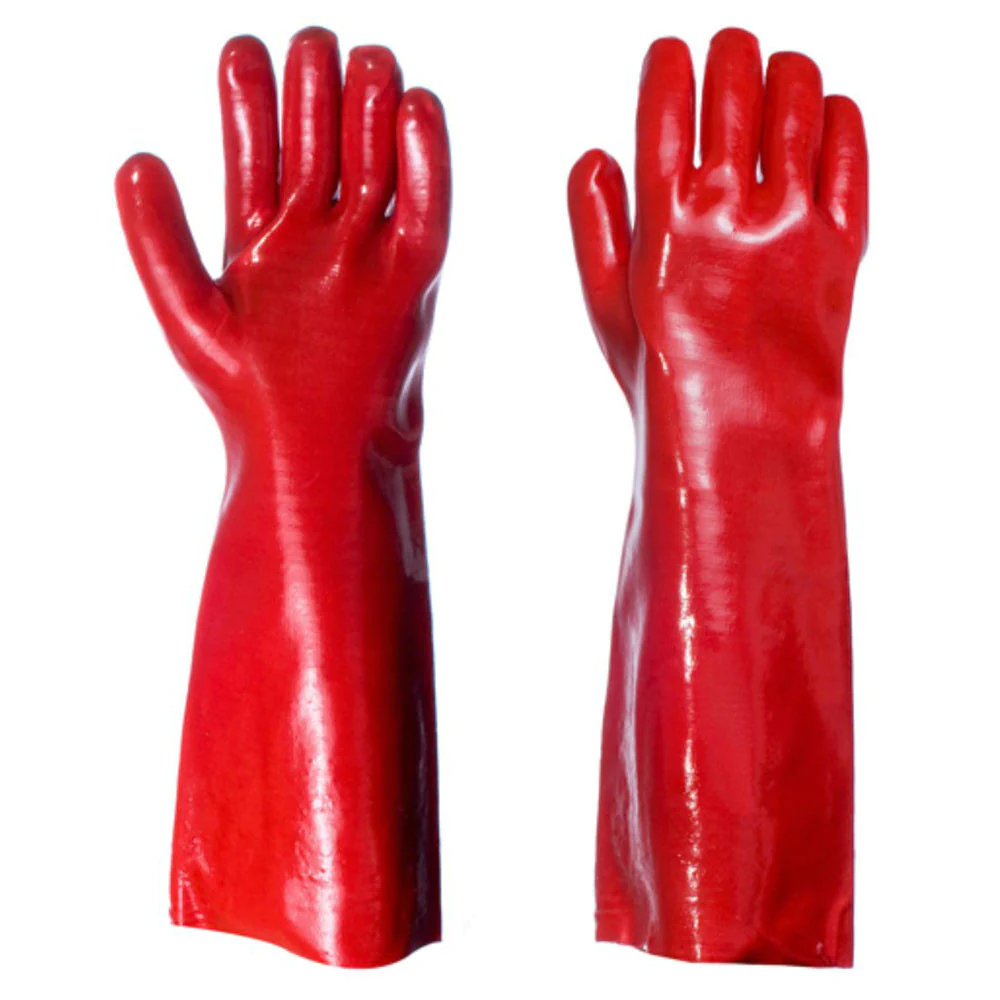
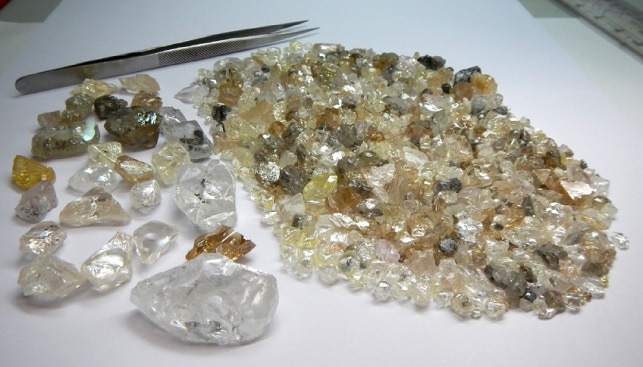
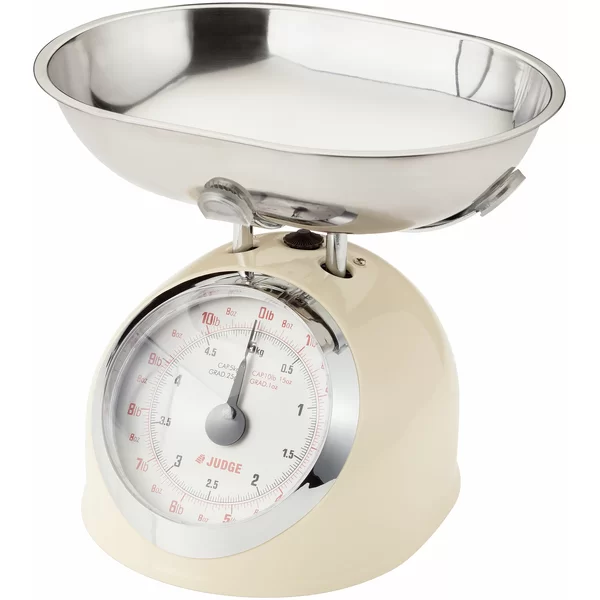
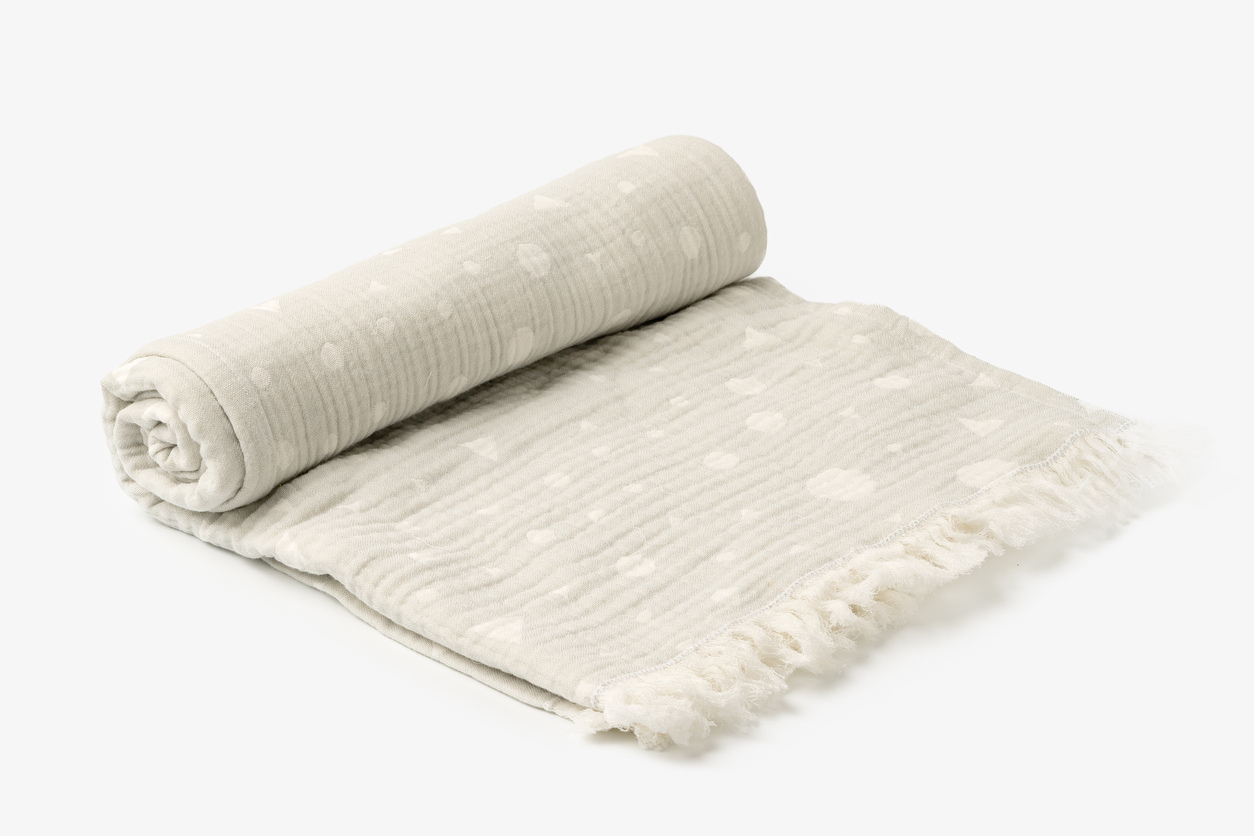
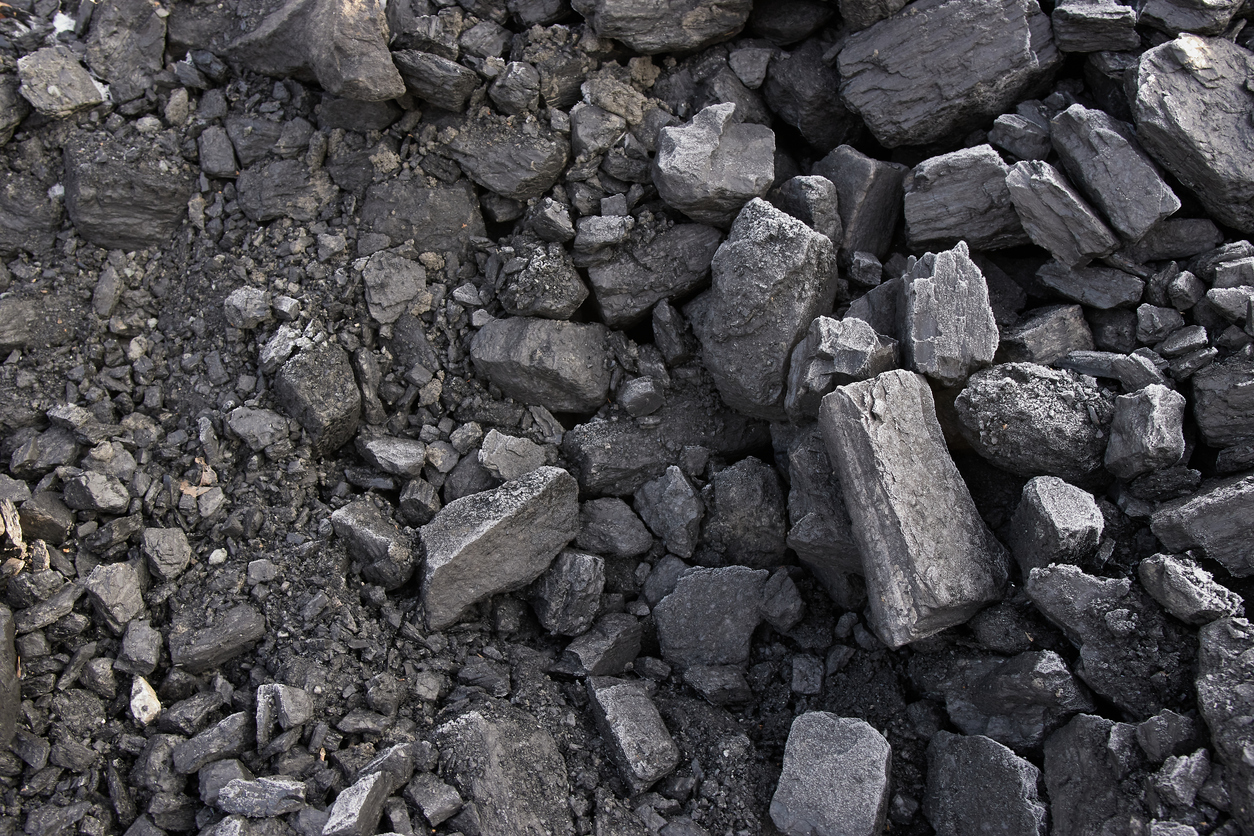
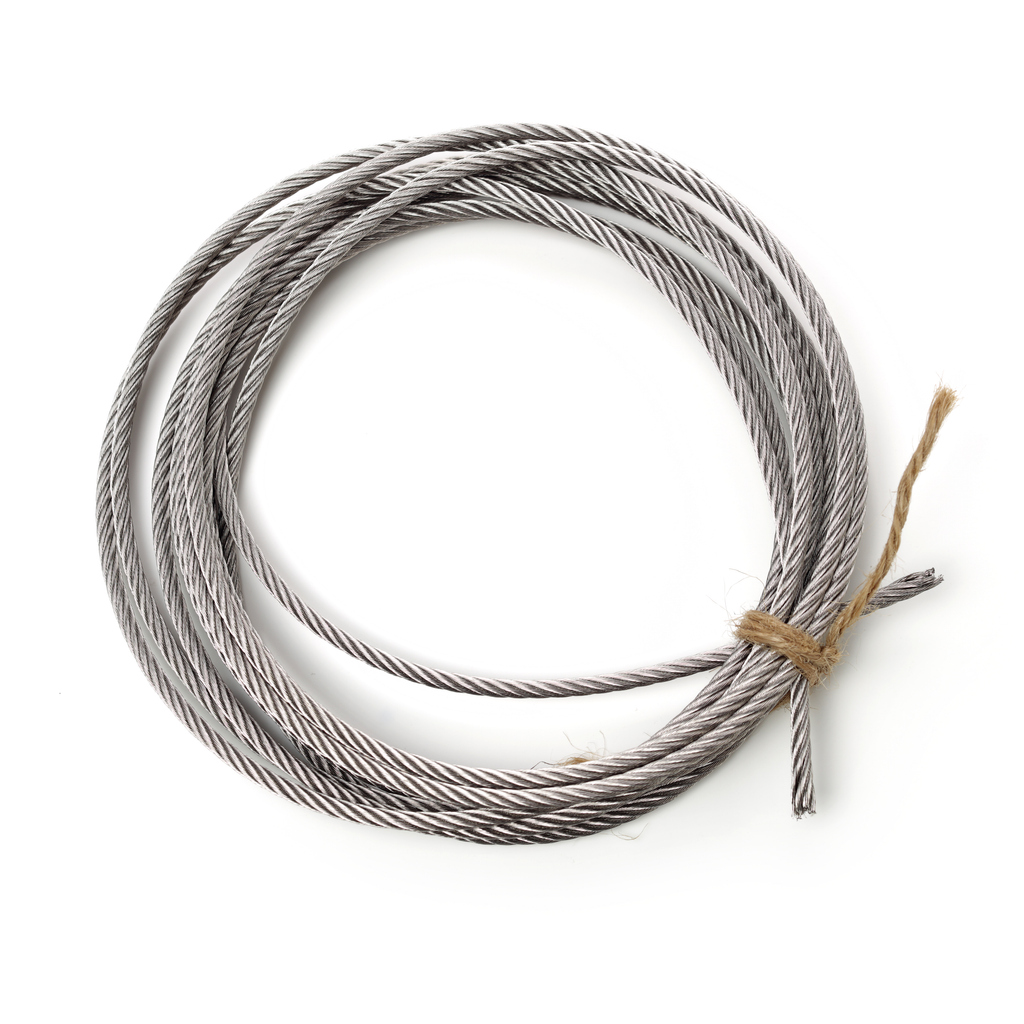
Comments are closed.